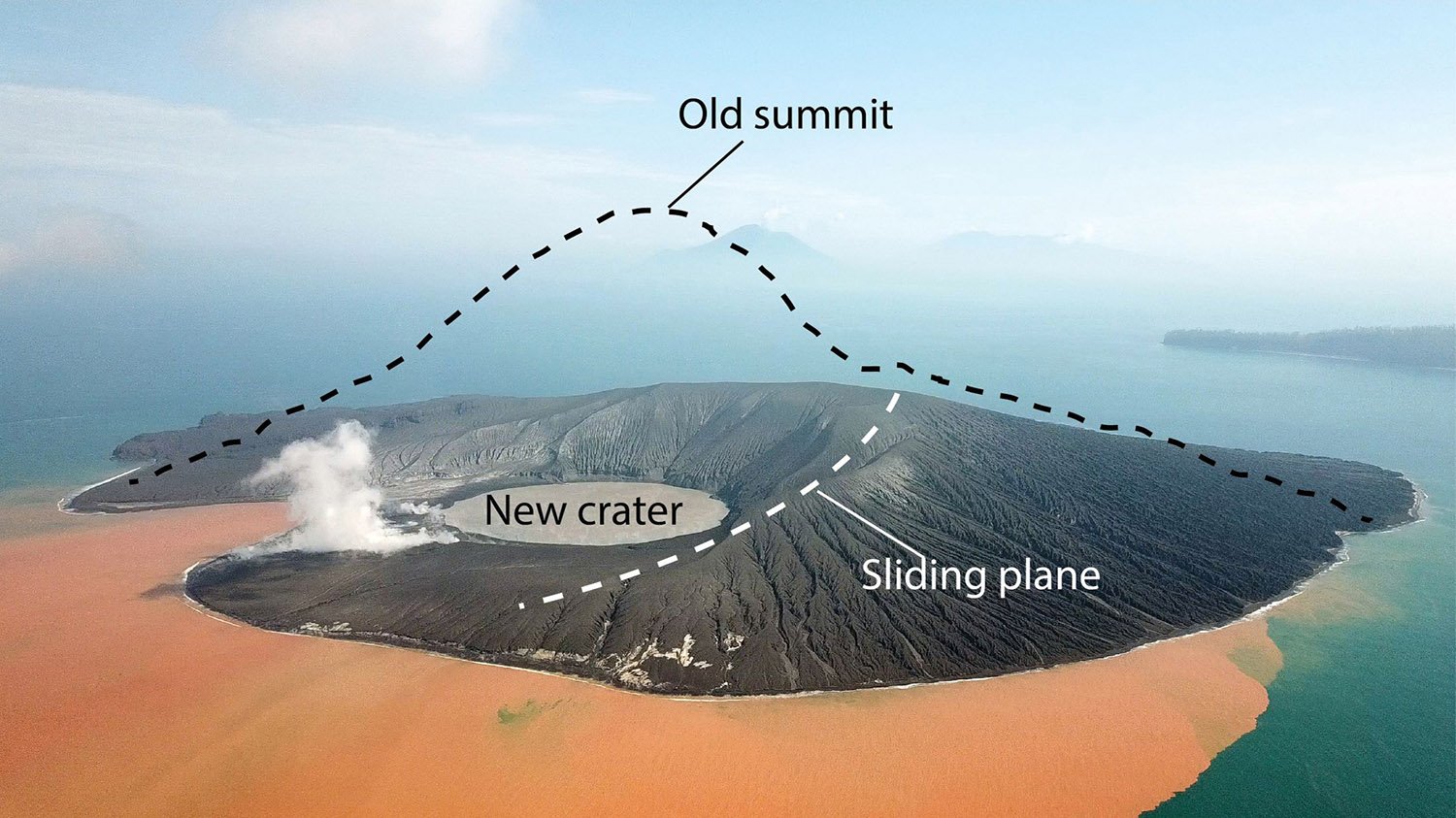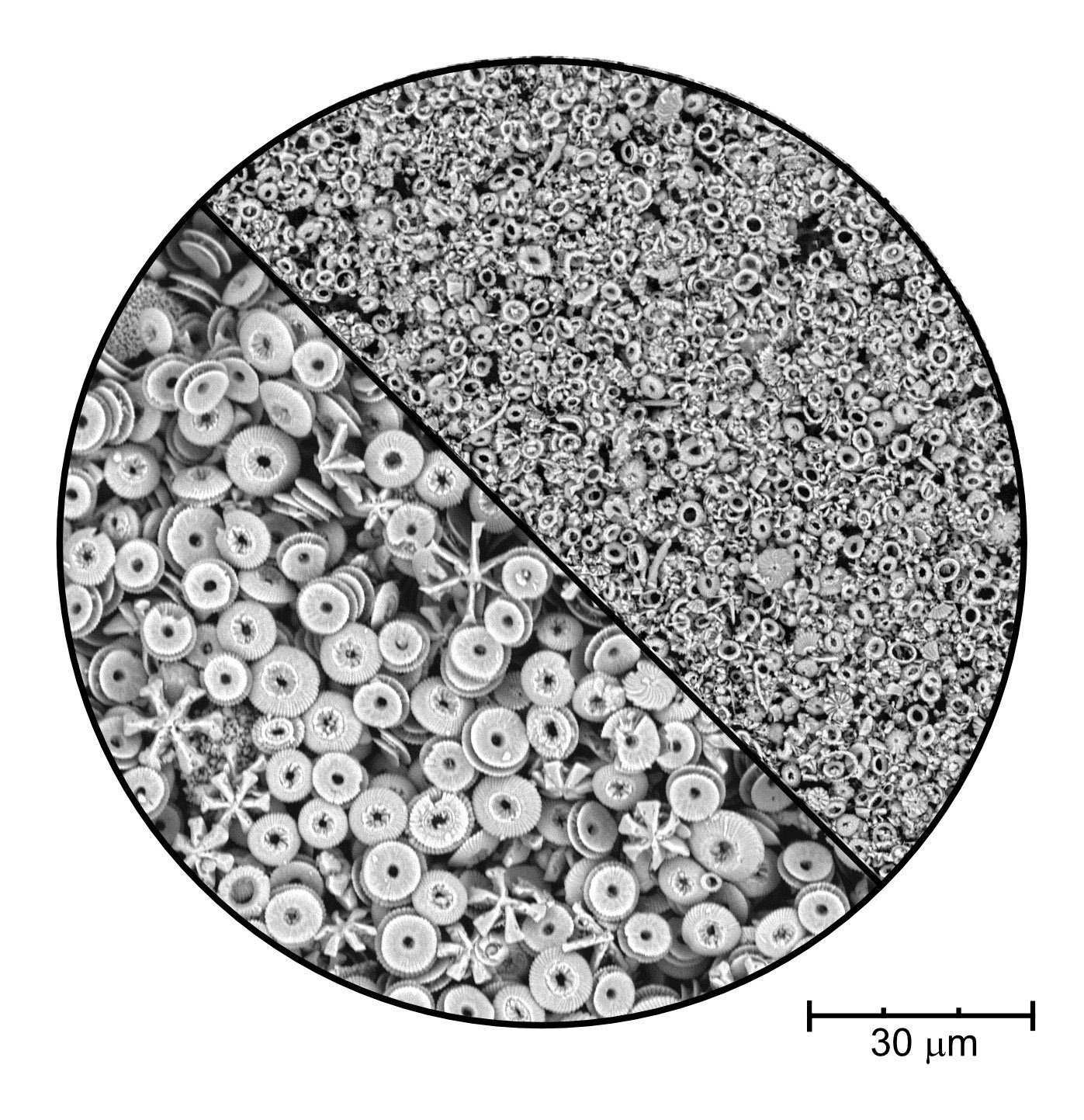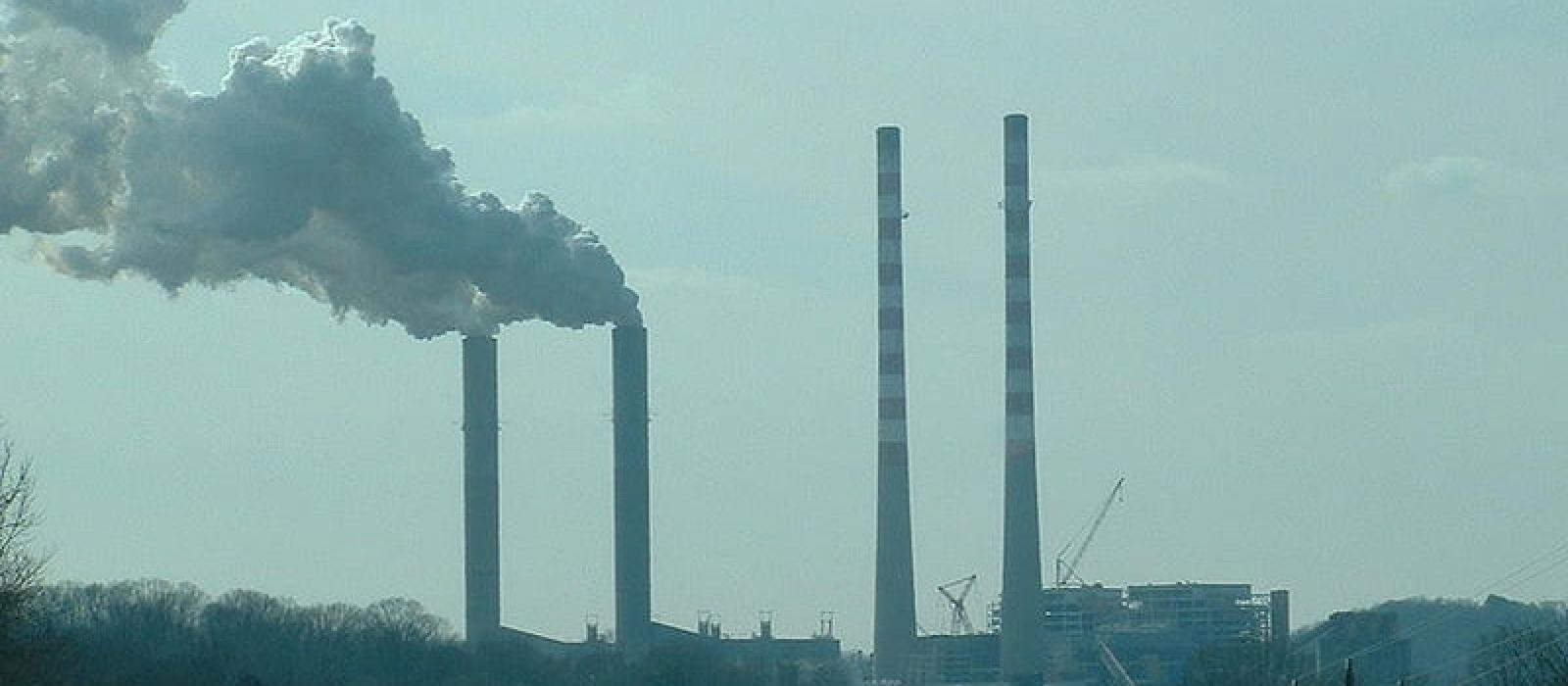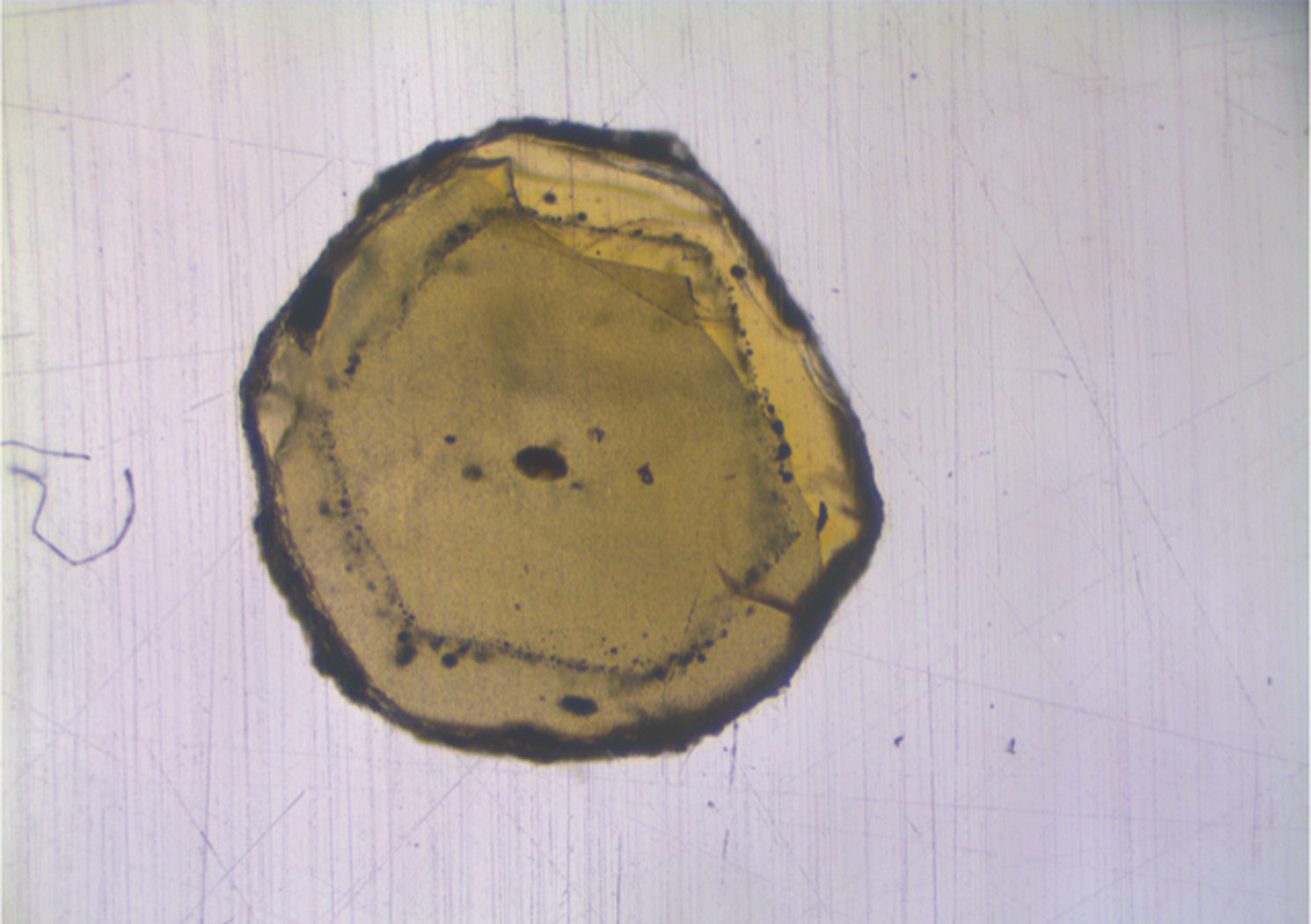New study determines Earth’s climate sensitivity from recent global warming
The key numbers that climate scientists seek for predicting future global warming are the Earth’s transient- and equilibrium climate sensitivities which are the near- and long term temperature response to a doubling of atmospheric carbon dioxide. Uncertainties in these properties have long been limiting the ability to project future climate change. Recent focus has been … Read more









